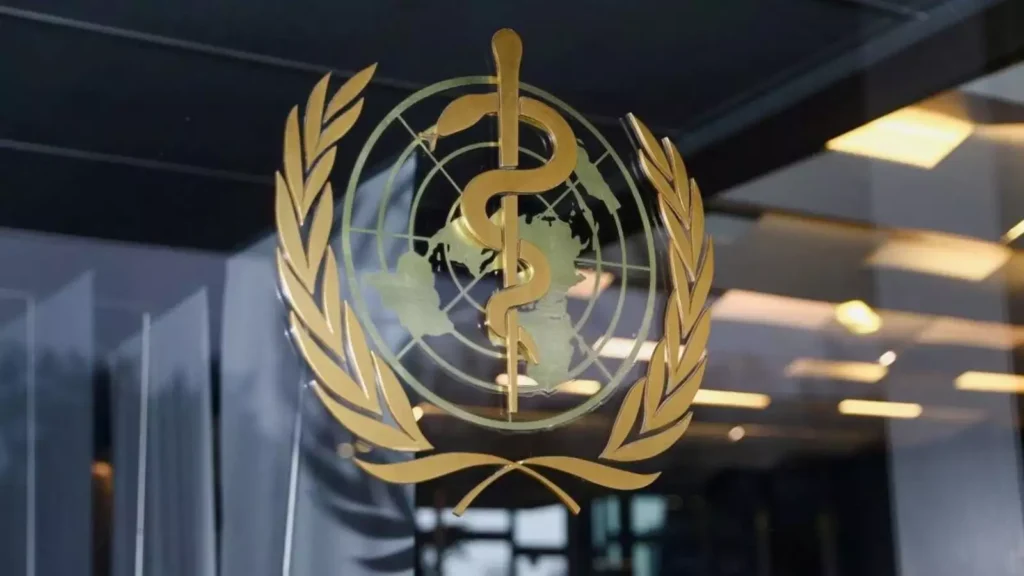
New Delhi: On the International Day of Persons with Disabilities, Saima Wazed, Regional Director for WHO South-East Asia, emphasized the critical need for greater disability inclusion in healthcare systems. With over 1.3 billion people worldwide living with disabilities and 16% of the South-East Asia Region’s population experiencing significant disabilities, she highlighted the systemic barriers they face, including being three times more likely to be denied healthcare and enduring higher financial burdens from medical expenses.
Wazed urged healthcare sectors to actively involve persons with disabilities in planning and decision-making processes. She advocated for integrating disability perspectives into technical guidelines, program development, research, and communication strategies. She also referenced key frameworks like the UN Disability Inclusion Strategy and WHO’s reasonable accommodation policy, which aim to engage persons with disabilities in broader, more inclusive dialogues.
The WHO South-East Asia Region has introduced initiatives such as SEARO CARE, which focuses on wellness for staff and families with disabilities, and the Regional ROADMAP, which prioritizes equity and inclusion. Wazed also underscored the importance of providing mental health and psychosocial support to persons with disabilities, particularly in emergency situations.
Highlighting Nepal’s efforts as a model, she called on nations to adopt these frameworks to address health inequities. She pointed to the three core principles outlined in the Global Report on Health Equity for Persons with Disabilities—centering health equity in actions, ensuring meaningful participation, and monitoring outcomes—as essential for advancing inclusive healthcare.


